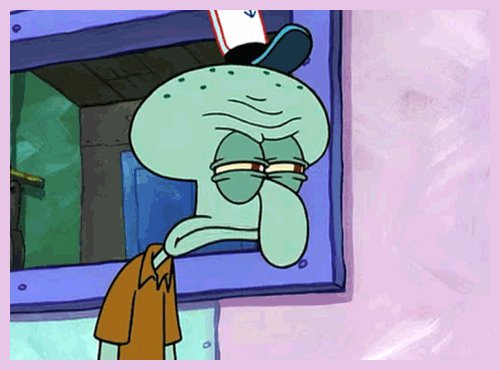I can lay out a plan of attack for poems, but I highly doubt success is guaranteed. Perrine described poems as a court case; perhaps to understand poems we must be lawyers who usually can't pass the Bar after one day of studying. Nevertheless, I have to change something. What made the most sense in this article was the discussion of details. If our theories can't account for every deliberate detail in the poem, then our theories are not in line with the poet's intentions. For every color, image, object, and stanza, I will start to list ideas. Whether those annotations are a possible symbol or a connotation, I will be able to find patterns in each aspect of the poem that will reduce the chance of making assumptions and ignoring a detail. However, a difficulty will remain: maybe I will not know where to start. How am I supposed to know to associate ships of purple with clouds when I have never seen a purple cloud and I am not aware that people tend to describe clouds as sailing? How am I supposed to know Whitman's weapons were actual weapons while Melville's spears were stars? My plan to analyze every detail will likely prove useful, but I doubt poetry will ever be anything other than a guessing game for me.

No comments:
Post a Comment